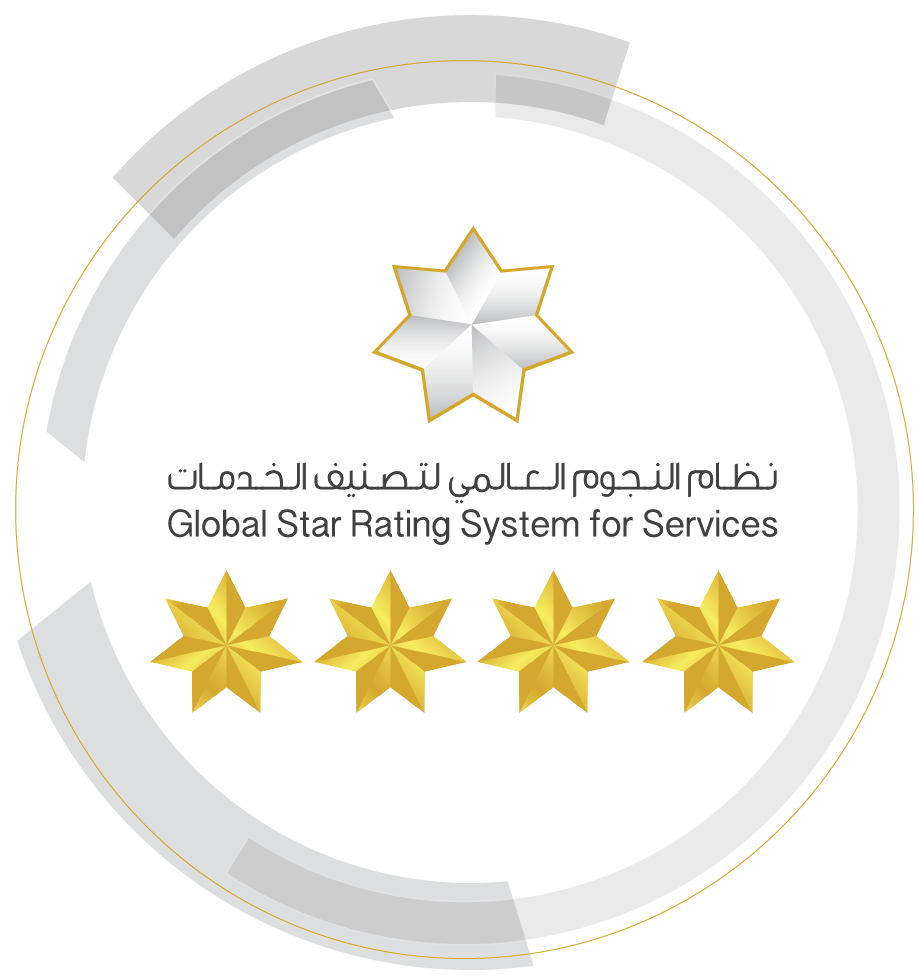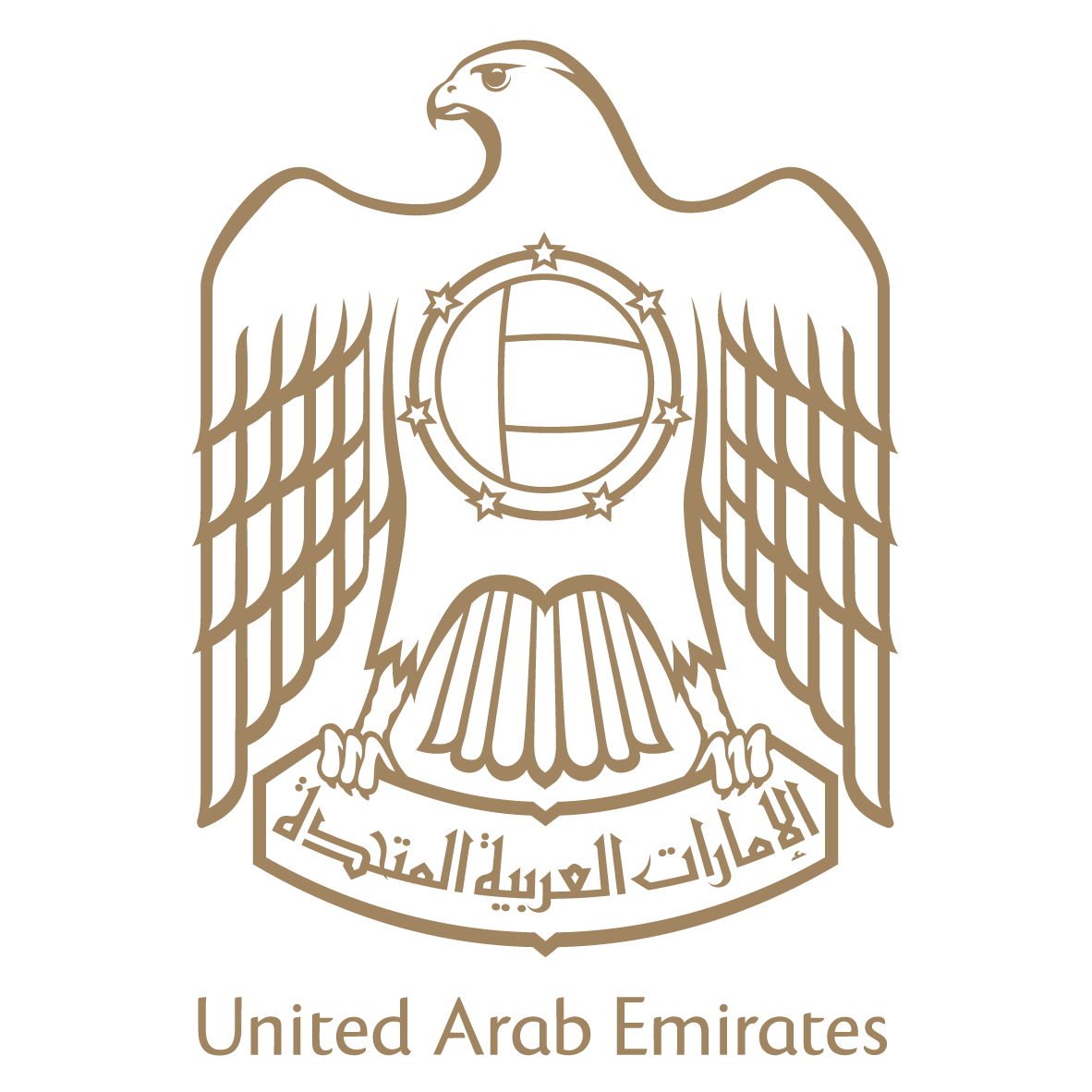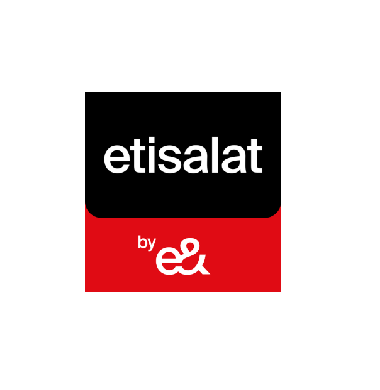TDRA is the statutory body to issue licenses or license exemptions in accordance with the Telecommunications Law.
According to the Telecommunications Law, any sale, provision or operation of a Telecommunication Service requires a Telecommunications License. In some cases, such services may be provided through an agreement with an existing UAE licensed operator.
Types of license:
All licenses are issued individually to judicial persons (entities) meeting the requirements of the Telecommunications Law and pursuant to a decision made by TDRA Board. A license can be categorized as either a “Class License” or an "Individual License". The two categories refer only to whether scarce resources are requested (Spectrum/frequencies and/or numbers) and does not refer to an open class of available licenses
Satellite Services Licensing Guide
04/08/2023
Resolution No. 10 of 2023 on approval of licensing fees
05/04/2023
Resolution No. 9 of 2023 on approval of license regulation
05/04/2023
Alyah Advanced Satellite Communications Services License
09/08/2020
Al Yah Satellite Communications Company Licence
28/02/2020
Licence -Broadcast Satellite Transmission - Al Maisan
09/08/2021
Licence - Broadcast Satellite Transmission - Intaj
18/07/2021
Licence -GMPC- Thuraya
27/10/2013
Licence -Public Access Mobile Radio- Nedaa
16/09/2019
Licence -Public Telecom- du (2-2006)
01/01/2006
Licence -Public Telecom- Etisalat
01/01/2006
Licence -Satellite and Broadcast satellite services- Star Satellite Communications
09/08/2020
Licenses Template -GMPC
23/07/2008
Licenses Template -Public Access Mobile Radio
23/07/2008
licenses Templates -Broadcast Satellite Services
05/08/2009
licenses Templates -Satellite Services
05/08/2009
Resolution No. (8) of 2009 Regarding the Approval of Acquisition Fees of Licensing Applications
30/07/2009
Telecommunications Licensing Framework Guide
14/05/2019
Satellite phones, as all other Telecommunications Apparatuses (as defined in the Telecommunications Law), require Type Approval regardless of where it has been manufactured. Only Satellite phones enabled to connect to UAE licensees are allowed in the UAE.
In the theoretical event of a roaming agreement between a UAE licensee and a non-UAE licensee then the roaming agreement between the two would legalize the use of a non-licensee satellite phone in the UAE. This is subject to an actual roaming agreement and actual routing of traffic on the UAE licensees network in the country.
If the service offered by the satellite operator is considered a Regulated Activity regardless of its type, then there is a requirement to obtain a Telecommunications license. Please refer to UAE’s National Frequency Plan for further clarifications on the type of spectrum authorizations required to operate within the intended band of frequency. Earth station authorizations and Type Approvals are also applicable.
*Fixed Satellite Services (FSS) may include satellite internet access through VSAT or Earth Stations in Motion (ESIM) antennas. Mobile Satellite Services (MSS) may include broadband connectivity through airborne or maritime antenna. Broadcast Satellite Services (BSS) may include Direct-To-Home satelliteTV (DTH).
In accordance with the Telecommunications Law (Federal Law No. 3 of 2003 as amended), the Registration of Mobile SIM cards Point of Sale Policy, and hereunder TDRA Board Resolution No. 44 of 2009, the sale of SIM cards and/or provision of Telecommunications services (regardless of whether such services will be provided by an online service) is considered a Regulated Activityand can only be conducted by a UAE Licensee or a – by a licensee - duly authorized agent.
As a result, the provision of domestic or foreign SIM cards will, without explicit arrangements with the UAE licensees, amount to an unlawful activity in the UAE.
Federal Law by Decree No.3 of 2003, as amended, applies to all UAE territories including all free zones.
A free zone entity can apply for a license, however a Free Zone company can only operate and offer the service in the free zone.
The UAE does not have a class of service license for inflight telecom services on board aircraft. However, such services fall under the definition of a Regulated Activity and therefore requires a Telecommunications License.
TDRA is allowing service over 10,000 feet based on spectrum authorizations issued by TDRA, this is applicable to all aircraft.
In accordance with the Telecommunications Law (Federal Law No. 3 of 2003 as amended), the operation of a Satellite Network, and/or provision of Telecommunications services is considered a Regulated Activity and can only be conducted by a UAE Licensee. Hence, a Telecommunications license is required along with Type Approvals for any of the used Apparatuses, as well as Frequency spectrum Authorizations.
Gate-to-Gate services fall under the definition of “Regulated Activities” according to the Federal Law by Decree No. 3 of 2003 Regarding the Organization of Telecommunications Sector, as amended (“Telecommunications Law”). Article (31) of the Telecom Law stated that: “It is not permitted to conduct any Regulated Activity unless authorized by a License or exempted in accordance with the provision of this Federal Law by Decree or its Executive Order.”. Hence, the service requires a License.
In addition, and even under roaming agreements with local Licensees, the operation of a public Telecommunication network or Telecommunication service in the UAE is considered a Regulated Activity and will require a UAE Telecommunications License.
Mobile Virtual Network Operation falls under the definition of “Regulated Activities” according to the Federal Law by Decree No. 3 of 2003 Regarding the Organization of Telecommunications Sector, as amended (“Telecom Law”). Article (31) of the Telecom Law states that: “It is not permitted to conduct any Regulated Activity unless authorized by a License or exempted in accordance with the provision of this Federal Law by Decree or its Executive Order.” Hence, providing the service requires a Telecommunication License.
However, TDRA does not at this point in time issue such license.
TDRA can issue either Individual Licenses or Class Licences. Individual Licences will be issued for services which require the usage of scarce resources of spectrum and numbers. Individual Licences will be issued for a period of 10 years.
Class Licences will be issued where there is no need to use scarce resources of spectrum and numbers and where due to the insignificance of the activity to the public, less regulatory supervision is required. Class Licences will be issued for a period of 10 years.
An entity shall be eligible for an individual or Class Licence if it is
- A company incorporated under the Commercial Companies Law (Federal Law No. 8 of 1984) and pursuant to Article 28 of the Federal Law by Decree No. (3) of 2003, Regarding the Organisation of the Telecommunications Sector and its amendments or any legal person approved by the Board of the Authority; and
- A company whose shareholding complies with the resolution in which the particular Regulated Activity has been approved to be licensed











